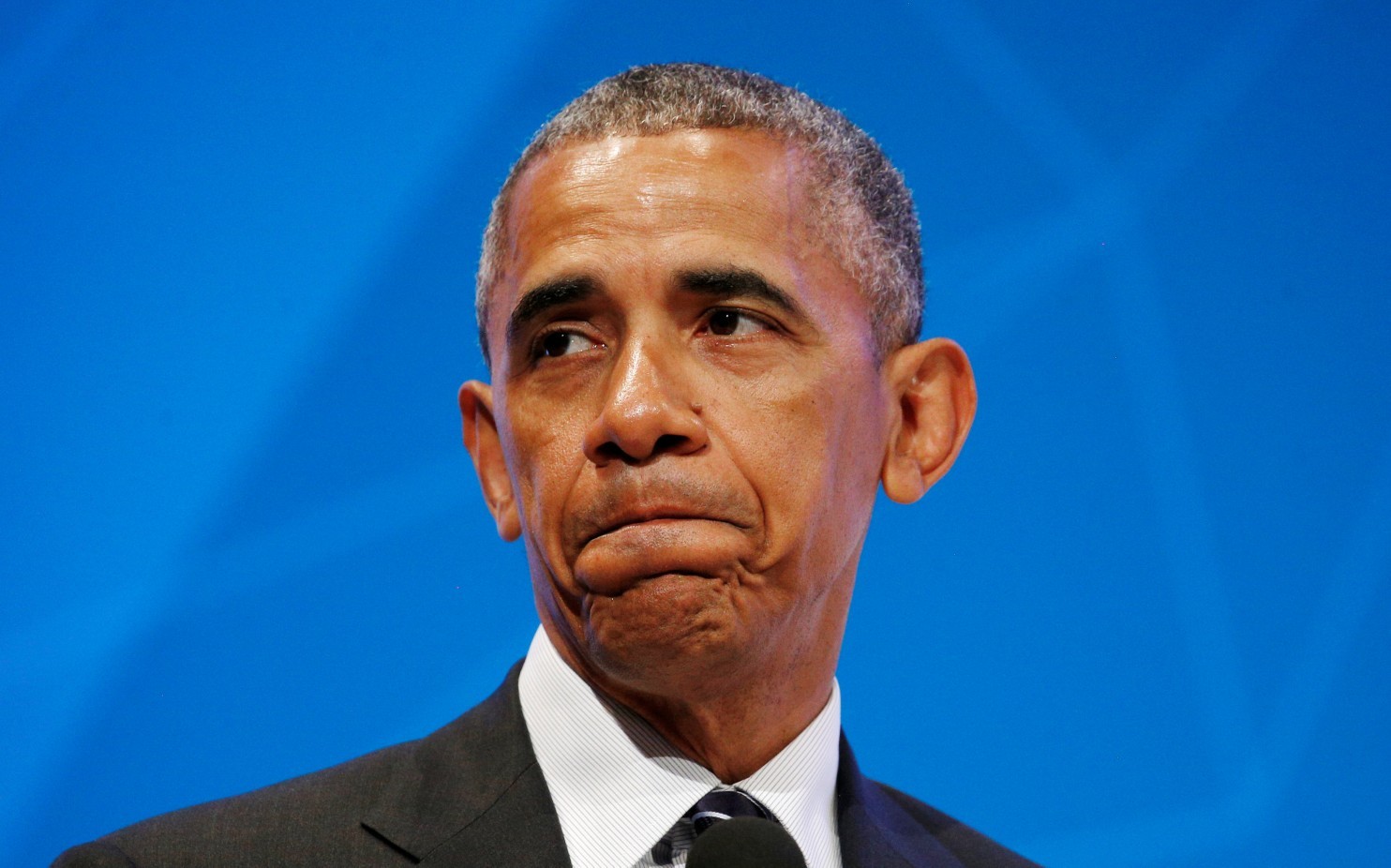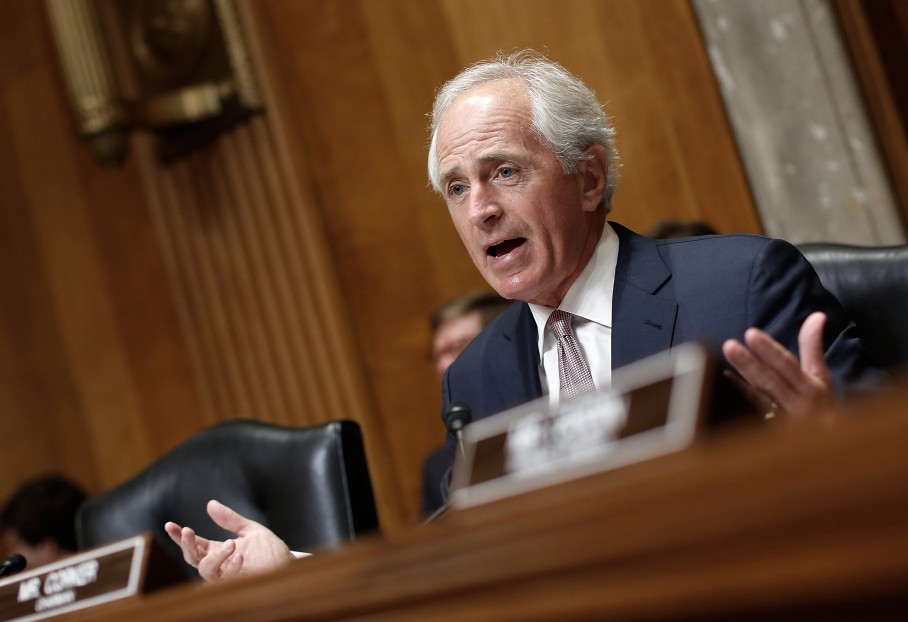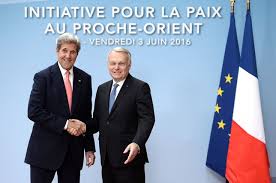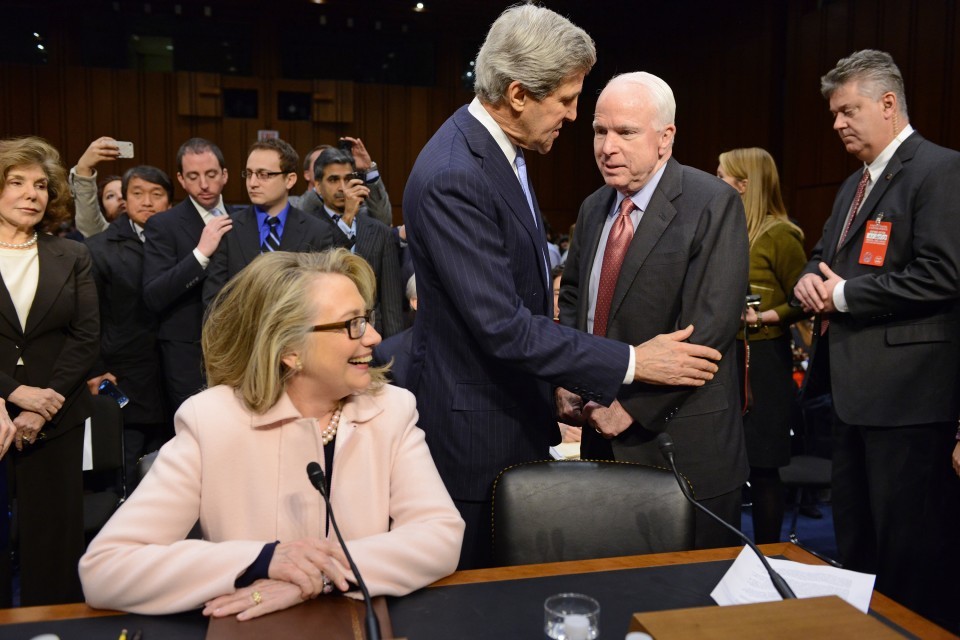-
-
12. Support American Exceptionalism
- Background
American Exceptionalism: refers to America having a unique status in the world today. The interest in American exceptionalism counters Obama's rejection of the concept, when Obama said, "Sure, I believe in American exceptionalism in the same way the British believe in British exceptionalism and the Greeks believe in Greek exceptionalism." Republicans generally interpret that as meaning, "No, I don't believe in your version of American exceptionalism at all.
(Source: DEBATEPEDIA)
- Official Democratic Position
International institutions--most prominently the United Nations--have been a centerpiece of international order since the mid-20th century. And just as American leadership was essential to forging the architecture for international cooperation after WWII, the President and the Democratic Party are committed to modernizing its infrastructure for the 21st century--working to reform international bodies and strengthen national and multilateral capabilities to advance peace, security, and opportunity. We have restored America's leadership at the UN by cooperating with our partners there when we can and respectfully disagreeing with them when we must, reversing the previous administration's disdain for the UN. The President's leadership at the UN has enabled us to make real progress on a number of top national security priorities, including getting Russia and China on board to implement the toughest UN sanctions ever on Iran and North Korea.
Source: 2012 Democratic Party Platform Sep 4, 2012
- Official Republican Position
Foreign aid should serve our national interest, an essential part of which is the peaceful development of less advanced and vulnerable societies in critical parts of the world. Assistance should be seen as an alternative means of keeping the peace, far less costly in both dollars and human lives than military engagement. The economic success and political progress of former aid recipients, from Latin America to East Asia, has justified our investment in their future. U.S. aid should be based on the model of the Millennium Challenge Corporation, for which foreign governments must, in effect, compete for the dollars by showing respect for the rule of law, free enterprise, and measurable results. In short, aid money should follow positive outcomes, not pleas for more cash in the same corrupt official pockets.
Source: 2012 Republican Party Platform Aug 27, 2012
-
- Strongly Oppose
- Oppose
- No Opinion
- Strongly Support
- Support
- 0 Comments





